Eyes of Wakanda
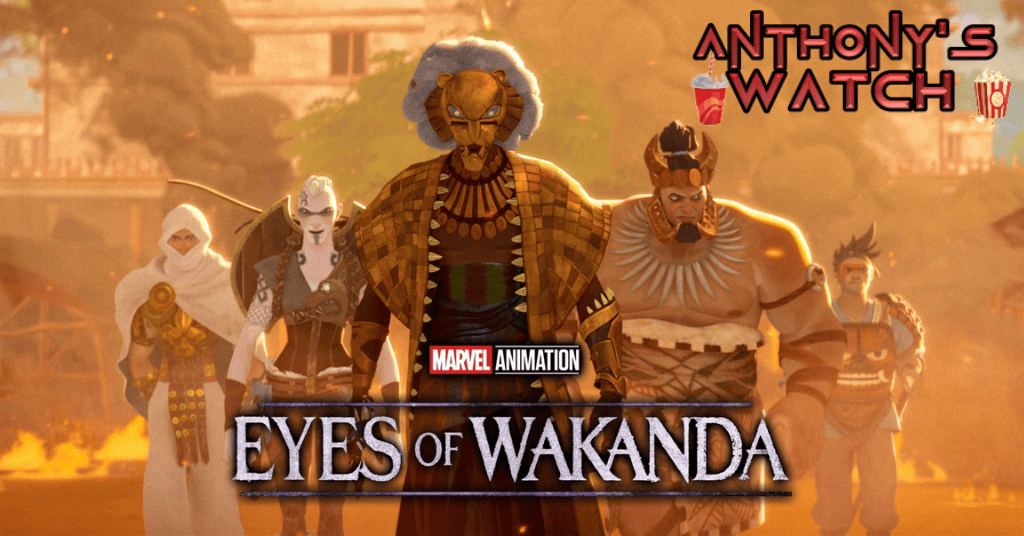
Recap
The War Dogs, Wakandan warriors, tasked with dangerous missions around the world to retrieve vibranium artifacts, interact with historical, mythological, and canonical elements of Marvel’s history.
Spoiler Level: None
Review
Eyes of Wakanda is the latest Disney+ series centered around the Marvel Cinematic Universe (MCU). The series consists of four, thirty minute episodes, each centered around different members of the Wakandan War Dogs group, tasked with retrieving artifacts from Wakanda that have been taken to the outside world. The time periods for these stories also differ, all of which showcase a time well prior to the Wakanda that fans have grown familiar with in the films. Each episode is connected under a loose thread that gets revealed in the last episode, tying this show to the events of the first Black Panther film in a unique fashion.
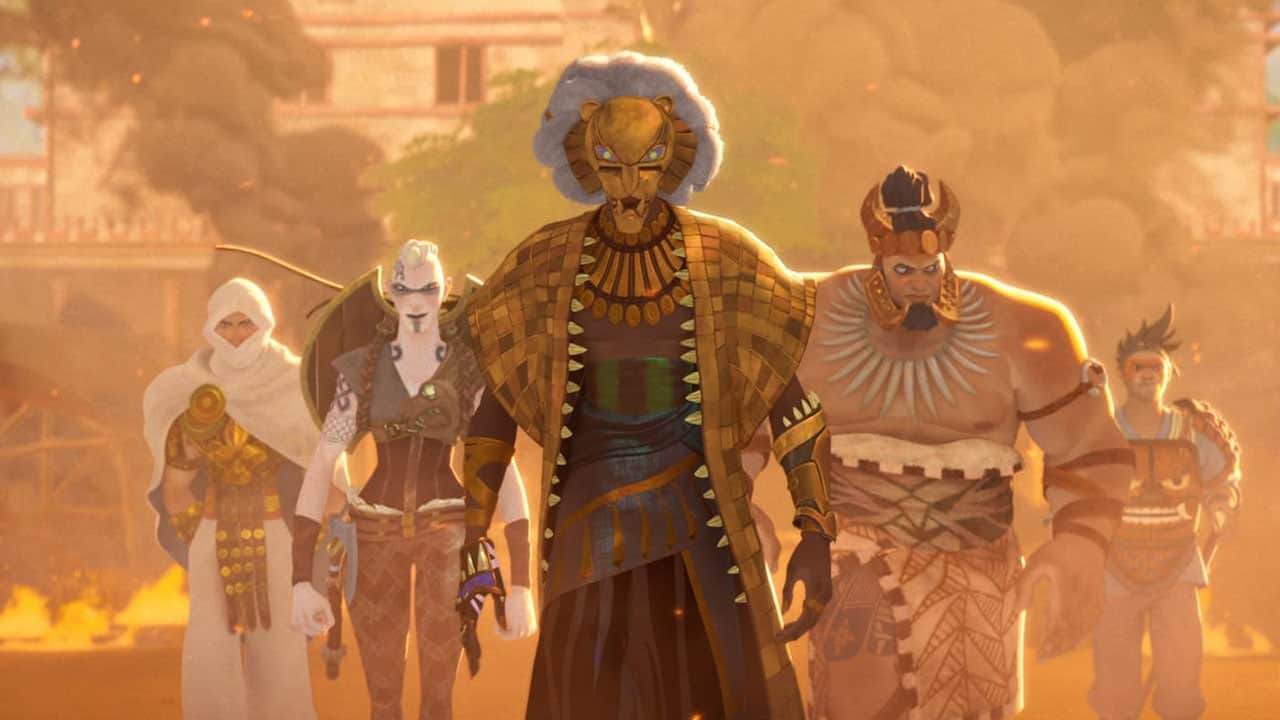
The best part of the show is hands down, the animation. While the animation doesn’t feel as strong as X-Men 97’, or as unique and inspired as Your Friendly Neighborhood Spider-Man, it does hold its own as a style befitting the stories being told. The animation style used feels like the animated Star Wars series, The Clone Wars in a lot of ways, which many viewers will be very familiar with. Additionally, producing this in an animated medium allowed the studio to tell these time specific stories with any and all action they desire. The animation is also the most consistent part of the universe being built here, with Wakanda’s technology and evolution being shown in subtle ways as the characters utilize newer technology as the story progresses through the years.
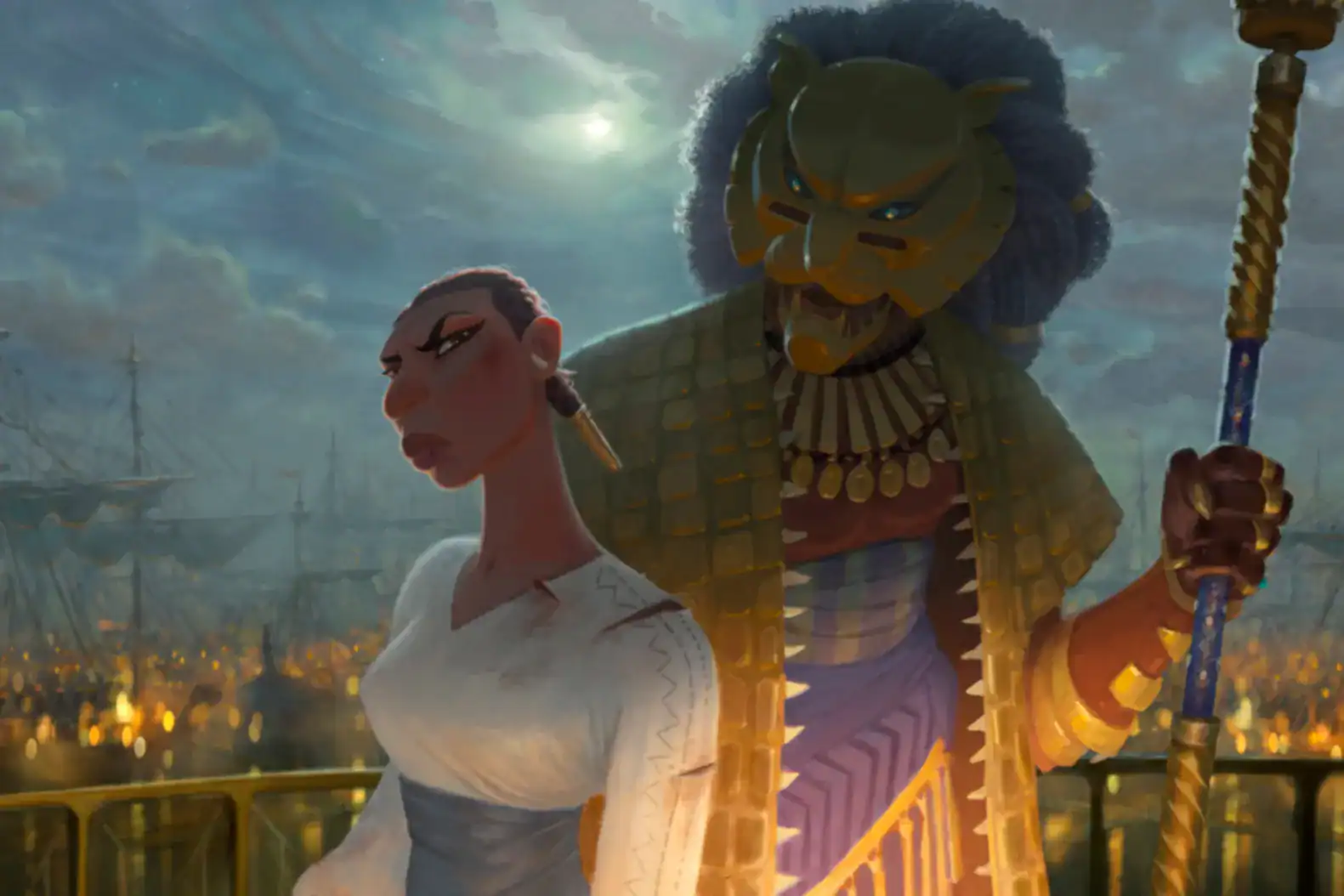
Another strong aspect of the show is the performances. One of the most frustrating parts of many of the animated MCU shows has been the studio’s insistence on using live action actors (many of which have little to no experience) as the voice actors for the characters. Sometimes it works but other times it just feels inauthentic, especially when professionals exist who can do the job just as well. That being said, not all of the actors in this series are specifically known for their animation credits, but it is exciting to see Disney think outside of the box instead of using these big-name actors in roles that most will not see.
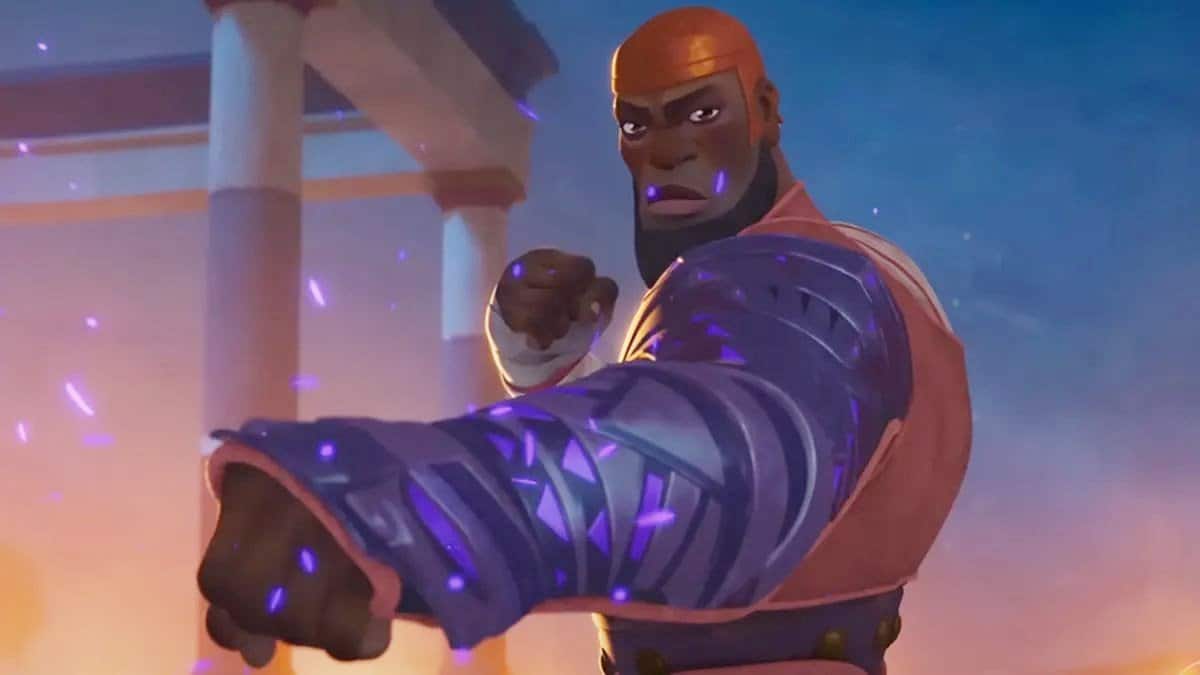
While the show has some stronger aspects, it is far from perfect. One of the biggest issues with the show is the writing. It is almost impossible to forget that this show exists as part of the MCU with how much of the dialogue is written to mirror the specific style of situational humor that the franchise has been known for. It is no secret that fans are slowly getting tired of this, with many of them convinced that it takes away from the more serious elements of the stories, which is very evident within this show. It almost gets frustrating how many times characters here throw in witty means of dialogue that feel completely forced, removing any momentum the show was building.
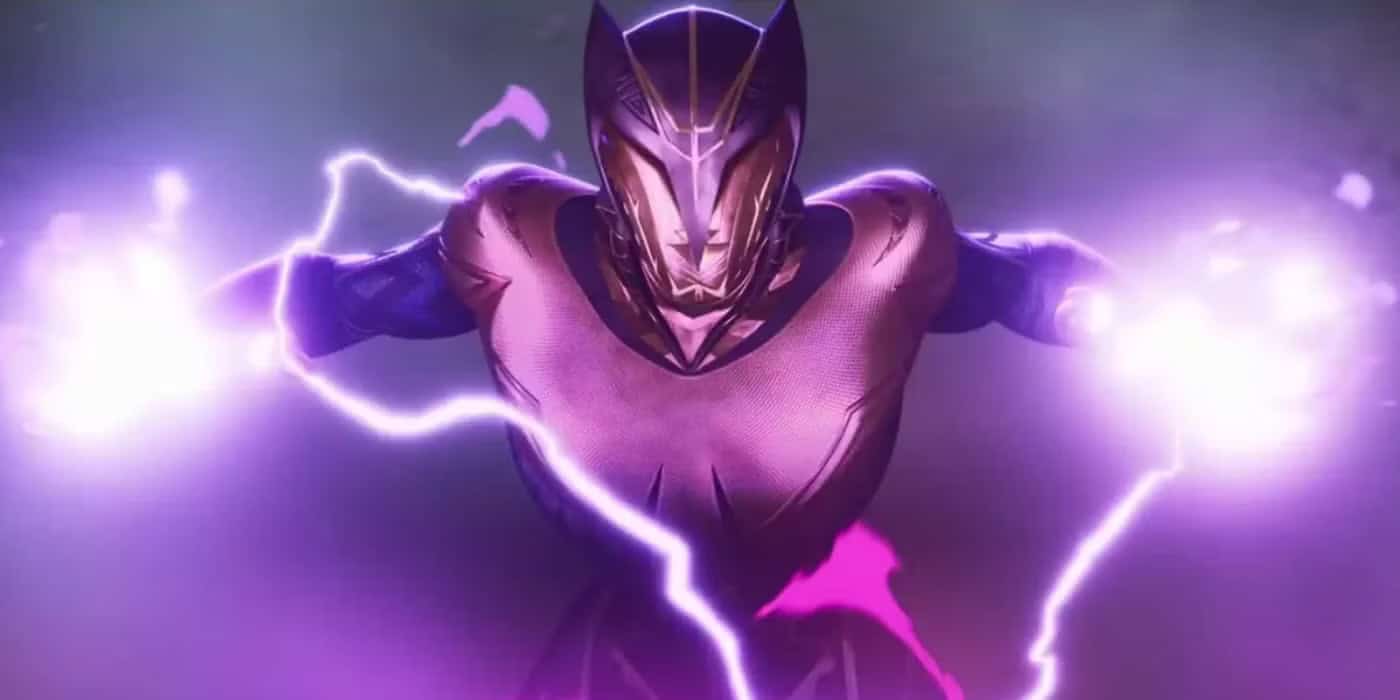
Another pitfall the show falls into is the way it forces a connection with the greater MCU. It almost feels as though the writers started with a really strong idea, telling mostly contained episodes that tell different stories about different Wakandan warriors across history. This all seems well and good for the first three episodes, but it becomes completely unrailed in the fourth episode, making all of the events of the show seem pointless in the grand scheme of the show’s venture to make itself relevant in the MCU. The events in which this occurs would be too much of a spoiler to reveal in this review, but just know that there is a very forced connection that ends this series.
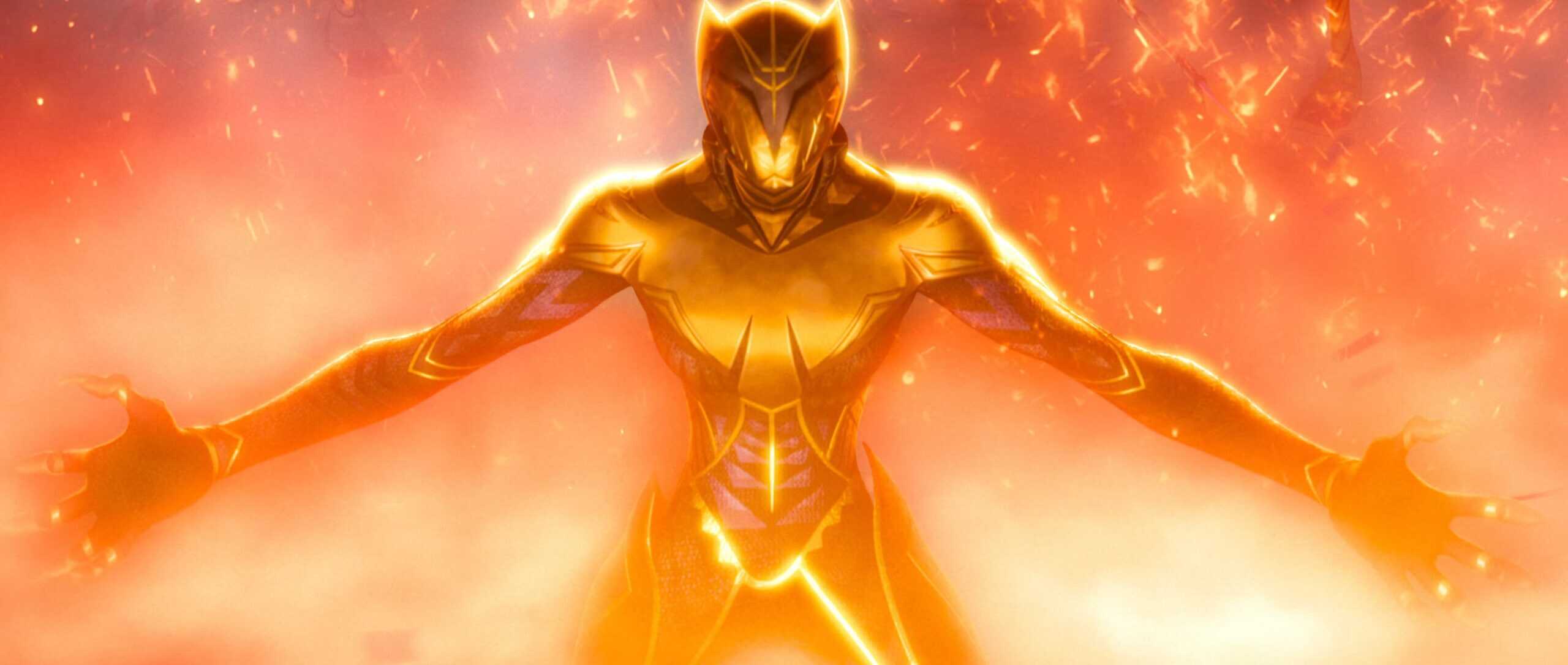
While the ending may be disappointing, the first three episodes are genuinely very solid. The way that the different Wakandan soldiers interact with known history, mythology, and Marvel history is genuinely interesting, as is the exploration of Wakandan culture. The writers do a great job of mixing all of those factors together to create a world that adds layers to the MCU greater than many attempts have done before. The most interesting thing about it all is what truly lies within the subtext, the idea that across many generations, Wakanda as a culture never really changed. This definitely acts as the show’s thesis, showcasing how isolationism is a hindrance to progress and growth. While the show does genuinely attempt to capitalize on this with that final episode, the poor execution leaves a lot to be desired.
Final Thoughts
Eyes of Wakanda starts with a solid premise, exploration of the history of the MCU, and great animation but ultimately gets bogged down by a conclusion that forces an unnecessary connection with specific events within the first Black Panther film.
Now showing only on Disney+.
Anthony’s Watch: Eyes of Wakanda
- Writing - 6/106/10
- Storyline - 5/105/10
- Acting - 8.5/108.5/10
- Music - 6/106/10
- Production - 7/107/10





